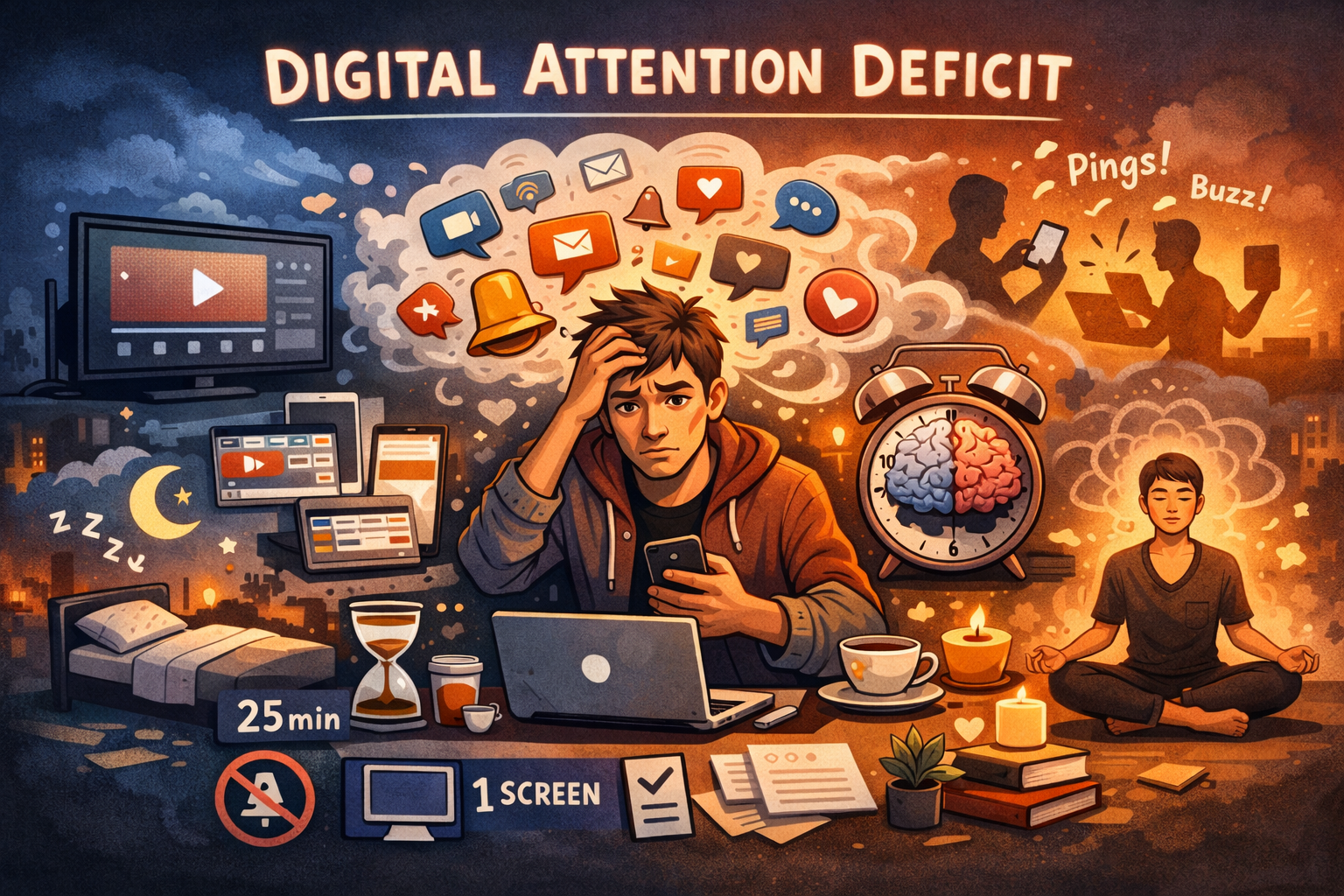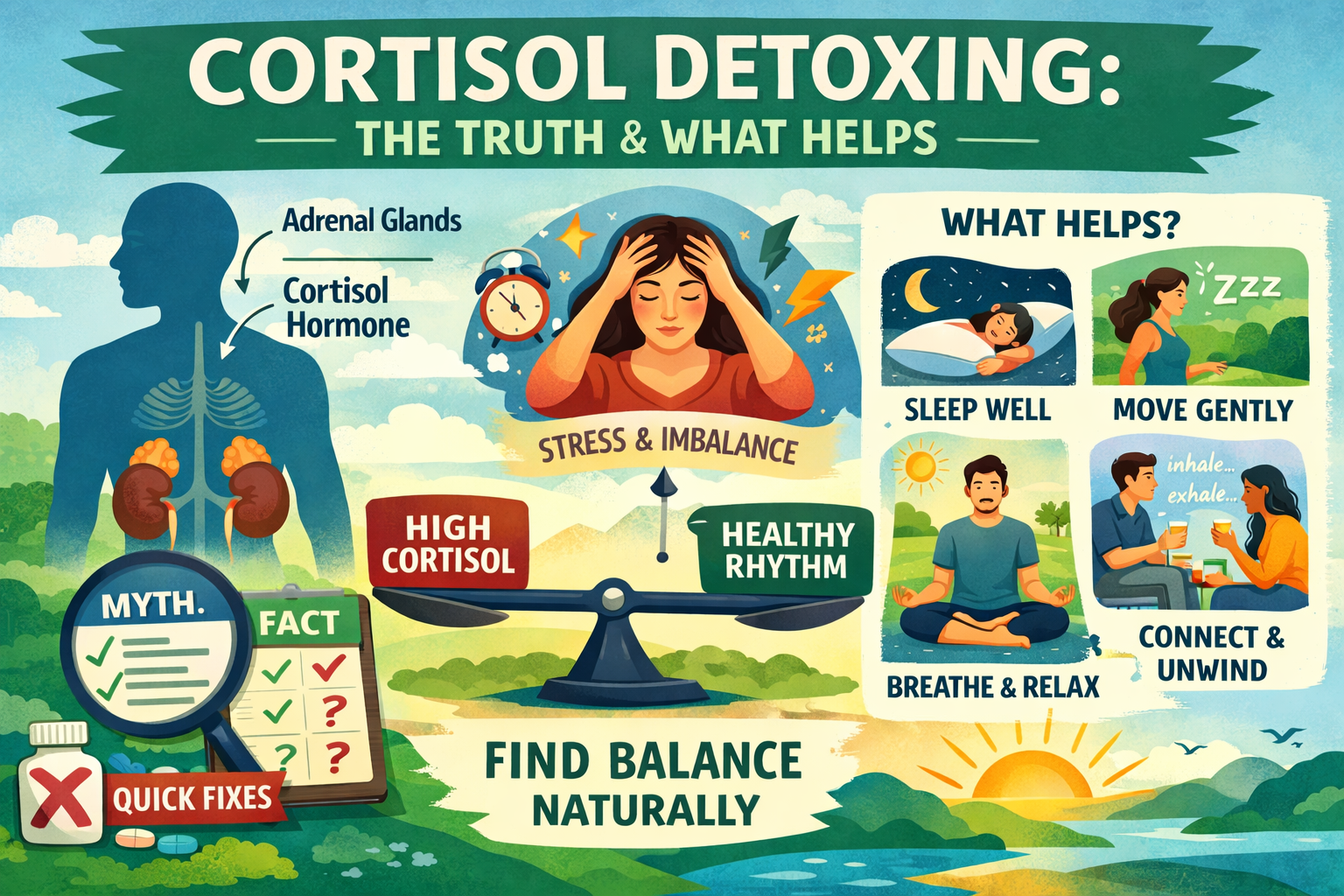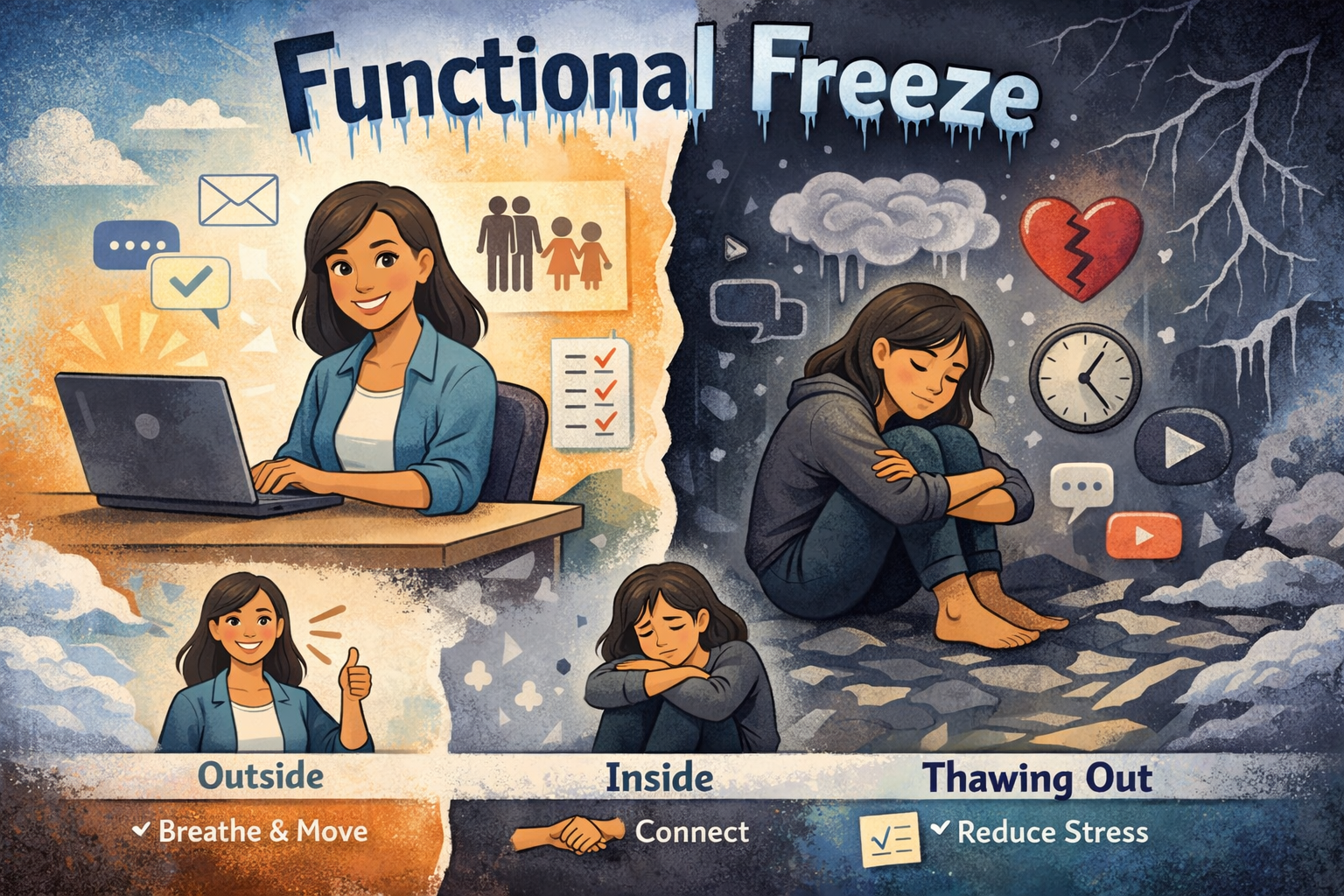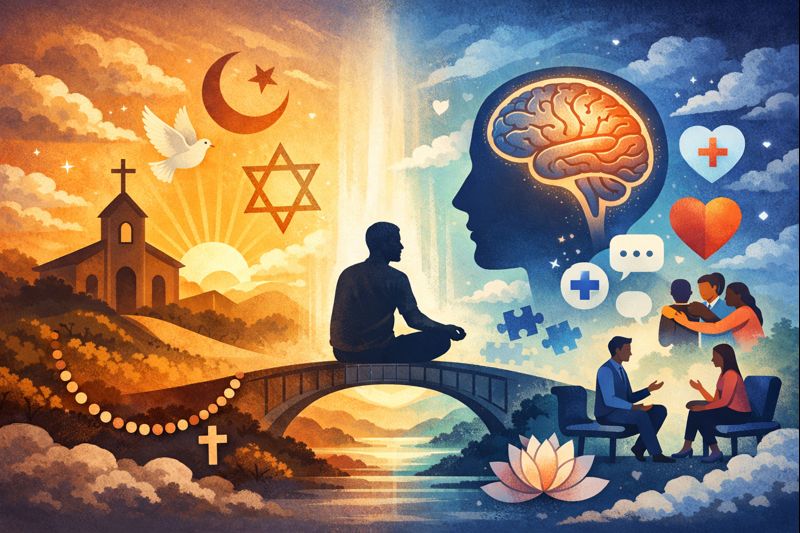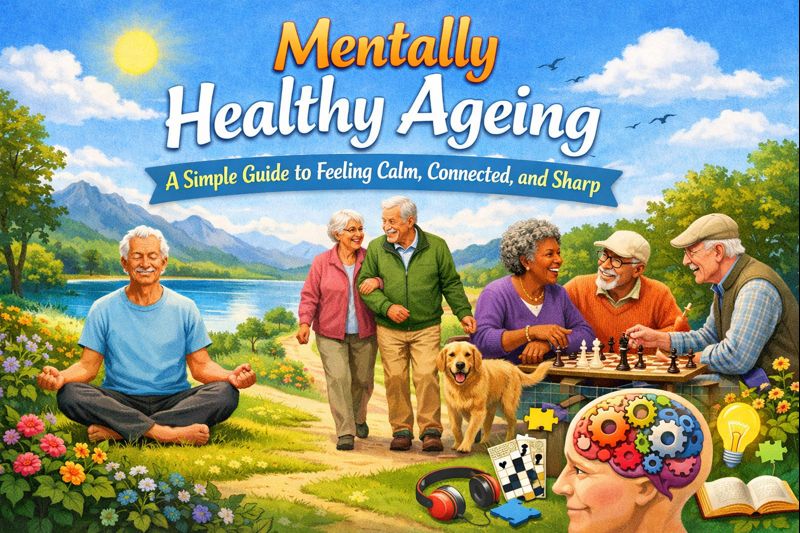We first need to know what emotions are to understand emotional wellness. Emotions are the reactions we experience in response to events or situations. The emotions are determined by the circumstance that triggers them. For example, we experience joy when we receive happy news and fear when we are threatened.
The Significance of Emotions in Life: In essence, emotions are not just reactions but integral parts of our being. People often say that our life is 80% emotions. Though this specific figure is not scientifically proven, it is undisputed that emotions play a critical role in our lives. Emotions’ have a significant role in these four areas:
- Motivation and decision-making: Emotions strongly influence our choices and actions. Fear can motivate us to avoid danger, while joy can drive us towards fulfilling life’s experiences.
- Social connection: Emotions are crucial for building and maintaining relationships. Sharing emotions fosters empathy, understanding, and connection.
- Learning and memory: Emotions enhance our ability to learn and remember by associating experiences with feelings.
- Personal growth: Recognizing and understanding emotions guides self-awareness and fosters personal growth.
What’s Emotional Wellbeing: Emotional well-being or emotional health is about understanding and caring for our feelings healthily. It means being aware of and accepting our emotions, whether they are positive or negative. It is also about finding ways to cope with stress and emotional challenges.
Emotional well-being is closely tied to our emotions because it focuses on how we react to our feelings and the world around us. Being emotionally well helps us manage our emotions. Also, to respond to situations calmly. It is also about maintaining a positive outlook on life, even during tough times. Emotional well-being is an integral part of our overall health and happiness.
Top of Form
Understanding Emotional Wellbeing: First, maintaining emotional wellness in today’s hyper-competitive and fast-paced world is more important than ever. As mental health is becoming more widely recognized, a lot of people are looking for practical ways to reduce stress, manage anxiety, and lead balanced lives. This article emphasizes the value of professional therapy and self-care while examining useful strategies and tools for promoting mental health in India.
The Significance of Counseling for Emotional and Mental Health: One of the most important tools for treating a range of psychological issues is mental health therapy. In India, where mental health is becoming a more popular topic of discussion, getting counselling and psychotherapy services can be a big step toward emotional recovery and resilience. An increasing number of people are accessing mental health services through online therapy since it is convenient and easily accessible.
Handling Stress and Anxiety: In our day-to-day existence, we frequently encounter stress and anxiety. Stress-reduction strategies like mindfulness exercises and relaxation techniques can greatly lessen these emotions. The cornerstone of psychotherapy, cognitive behavioural therapy (CBT), is especially good at helping patients establish coping mechanisms and change upsetting thought patterns.
Cultivating Mindfulness for Emotional Well-being: The benefits of mindfulness techniques for improving mental health have made them increasingly popular in India. These techniques entail accepting one’s thoughts and feelings without passing judgment and living in the present. Frequent mindfulness practice can result in better overall well-being, less stress, and increased emotional equilibrium.
Developing Mental Toughness: Gaining psychological resilience is essential for navigating and overcoming obstacles in life. To face challenges that we may come across, we need mental toughness. The difficult times are common to all of us. We may come across challenges during our life’s journey.
We all know life is unpredictable by nature. Bad things can happen to you when least expected. Thus, we need to get ready to tackle these challenges fearlessly. We must develop mental toughness. Building resilience entails cultivating supportive relationships, embracing a positive perspective, and comprehending and controlling emotions. Attending seminars, workshops, and well-being group sessions can provide insightful information and useful skills for developing emotional resilience.
Self-Care’s Function in Emotional Wellbeing Taking care of oneself is essential to preserving mental wellness. Self-care primarily entails regular exercise, eating a balanced diet, getting enough sleep, and partaking in relaxing and inner-calm activities. Self-care techniques lead to a healthier, more balanced lifestyle in addition to elevating mood.
Looking for Assistance with Relationship Counseling: Relationship counselling can offer a forum for honest dialogue and conflict resolution for those with problems in their relationships. These counselling sessions can help improve personal connections and general mental wellness in India. In this country, family and relationships are highly valued culturally. Individuals experiencing such disputes should consider attending these sessions to mend relationship problems.
Take Away: Achieving emotional well-being entails knowing and caring for our mental health. Online therapy, mindfulness, and relationship counselling are becoming increasingly popular in India as we become more comfortable talking about and dealing with mental health difficulties. An increasing number of persons with mental health issues are using these services. We must realize that the first stages to living a happy and psychologically sound life are getting expert assistance, engaging in self-care, and developing resilience.



